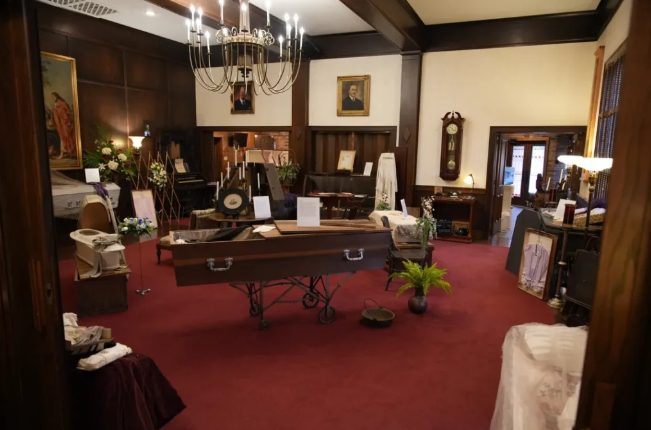By Thomas Best
If you tuned in last week, you heard me talking about my wife’s and my visit to the site of the 1848 Seneca Falls Women’s Rights Convention. As I emphasized last week, 32-year-old Elizabeth Cady Stanton of Seneca Falls, New York was one of the chief organizers of his monumental meeting. My wife and I were fascinated with the National Park’s main Museum and at the site of her home in Seneca Falls.
Born in 1815 in Johnstown, New York, she benefited from the tolerance her father, Daniel Cady (a lawyer and judge), felt toward the idea of a quality education for girls. When not learning of American law from her father, she attended a local boys’ academy and then later graduated from Emma Willard’s Troy Female Seminary. From this education, she developed an ideology favoring gender equality. For instance, when she married Henry Stanton in 1840, they agreed to eliminate the specific marital vow “to obey” from the ceremony. Moreover, their honeymoon was spent attending the World Anti-Slavery Convention in London, where her new husband was a delegate. Here, she met Lucretia Mott, a Quaker abolitionist, with whom she would develop a close friendship and together they planned what became the Seneca Falls Convention.
After living in several states and becoming more active in reform movements, in 1847, Henry and Elizabeth moved to Seneca Falls. Unfortunately, Henry’s health soon suffered and Elizabeth’s father offered them a house to live in during this challenging time. In the years they lived here—from 1847 to 1862—Elizabeth and Henry added to their family of three boys with two more sisters and another brother. But housework and the demands of childcare were both taxing and not as intellectually stimulating as what she had found in her earlier years.
Therefore, branching out from her anti-slavery and temperance work (meaning anti-alcohol efforts), Elizabeth joined with other women and men to craft a plan for a Women’s Rights Convention. Now newly energized, Elizabeth took up more writing, recruiting new believers, networking, and organizing more efforts to expand women’s rights. For instance, she was instrumental in pushing the New York legislature to pass a law that protected married women’s property rights. Her home became such an energized center for activist gatherings that she called her house “The Center of the Rebellion.” By 1851, she met the woman to whom she would now be long linked in their effort—Susan B. Anthony. Being single, Anthony had more freedom to travel and often took Elizabeth’s writing around the country. As Elizabeth later wrote of their collaboration (which included Anthony helping out in the Stanton household,” “we took turns on the domestic watchtowers, directing amusements, settling disputes, protecting the weak against the strong, and trying to secure equal rights to all in the home as well as in the nation.”
In her later years, she continued as a tireless advocate for women’s rights pushing for the right to vote, adopting more relaxed dress codes, promoting girls’ sports, and calling for equal employment and wages, divorce and custody law reforms, and so much more. On one occasion, she came to Monmouth College to speak. While she is sometimes dwarfed by other activists, principally Anthony, it is essential to know that Lucretia Mott later reminded Elizabeth, “Remember, the first convention originated with thee.”
Thank you listening.













